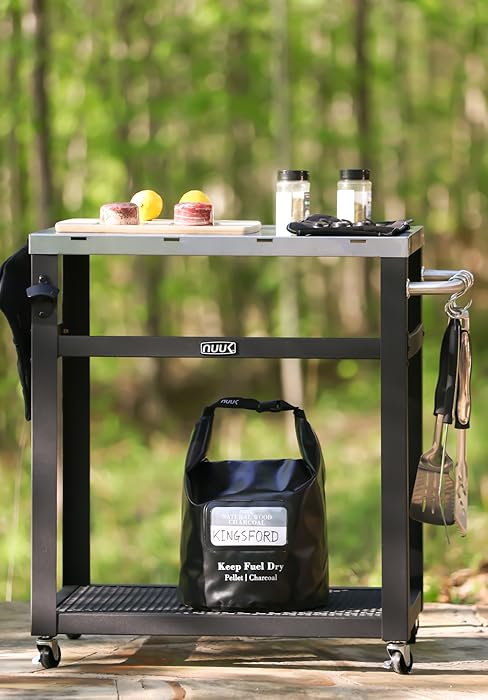The Great Oil vs. Water Debate: Sharpening Stone Lubrication Unveiled
Choosing the right lubricant for your sharpening stones might seem like a minor detail, but it significantly impacts the sharpness of your blades and the longevity of your stones. The age-old debate rages on: oil versus water? This in-depth guide will dissect the truth, helping you make an informed decision based on your specific needs and sharpening style.
Understanding the Role of Lubrication
Before diving into the oil vs. water discussion, let’s clarify why lubrication is crucial in the first place. Sharpening involves removing microscopic metal particles from your blade’s edge. These particles, if left to accumulate, clog the pores of your sharpening stone, reducing its effectiveness and potentially causing scratches on your blade. Lubrication acts as a slurry, washing away these metal particles and preventing clogging. It also reduces friction, leading to a smoother, more controlled sharpening process and preventing excessive heat buildup which can damage the blade’s temper.
Water: The Simple and Affordable Choice

Water is the most readily available and cost-effective lubricant. Its simplicity is a major advantage – just a splash from the tap will do. Water works well with many sharpening stones, especially those made of softer materials like natural Arkansas stones or some synthetic stones. It’s also a good choice for beginners, as there’s no need to worry about messy oils or specific oil types.
However, water’s simplicity has its drawbacks. It evaporates quickly, requiring frequent reapplication. This can interrupt your sharpening flow and makes achieving a consistent slurry more difficult. Furthermore, water isn’t ideal for all stone types. Some stones, particularly harder, more porous ones, can absorb water too quickly, leading to inconsistent sharpening results.
Oil: Precision and Longevity

Oil, on the other hand, offers a more viscous and longer-lasting lubricating solution. It clings to the stone’s surface better than water, creating a consistent slurry that lasts longer. This results in a smoother, more even sharpening process. Oil is particularly beneficial for harder, more dense sharpening stones, preventing them from drying out too quickly and maintaining their sharpness.
The choice of oil itself is important. Many sharpeners prefer honing oil, a specially formulated oil designed for sharpening. However, light mineral oil or even some food-grade oils can work in a pinch. Just be sure to avoid oils containing additives or solvents, as these could damage your stones or leave residues on your blades.
The downside to oil is the mess. Oil is stickier and more difficult to clean up than water. It can also stain some types of stones and requires more careful handling to avoid spills.
Stone Type: A Crucial Consideration
The best lubricant often depends on the type of sharpening stone you’re using. Natural stones, like Arkansas stones, often benefit from water or a light oil. Synthetic stones, depending on their composition and porosity, can work well with either water or oil. Check your stone’s manufacturer instructions for recommendations.
Experimentation is key. Try both water and oil with your stones and observe the results. Note the feel of the sharpening process, the efficiency of particle removal, and the overall sharpness of your blade. This hands-on experience will be the most reliable indicator of the optimal lubricant for your specific sharpening setup.
Beyond the Basics: Honing Oil vs. Other Oils

While many readily available oils might seem like suitable alternatives, honing oil is specifically formulated to address the unique needs of sharpening. It often has additives that help to further reduce friction and improve lubrication. While light mineral oil or even food-grade oils might work in a pinch, honing oil provides the best results, particularly with finer sharpening stones.
Maintenance and Cleanup
Regardless of whether you use water or oil, proper maintenance is crucial. After sharpening, clean your stones thoroughly to remove any residual metal particles and lubricant. For water-based sharpening, a simple rinse and wipe is sufficient. Oil-based sharpening requires a more thorough cleaning, often involving a solvent or degreaser, followed by thorough drying. Consistent cleaning ensures your stones remain in optimal condition and extend their lifespan.
Conclusion: The Verdict is… It Depends!

There’s no single definitive answer to the oil vs. water debate. The best lubricant for your sharpening stones ultimately depends on the type of stone, your personal preference, and the specific task at hand. Experimentation, coupled with an understanding of the pros and cons of each lubricant, will guide you towards optimal sharpening performance. Remember to always refer to your stone manufacturer’s recommendations for the most informed choice.


